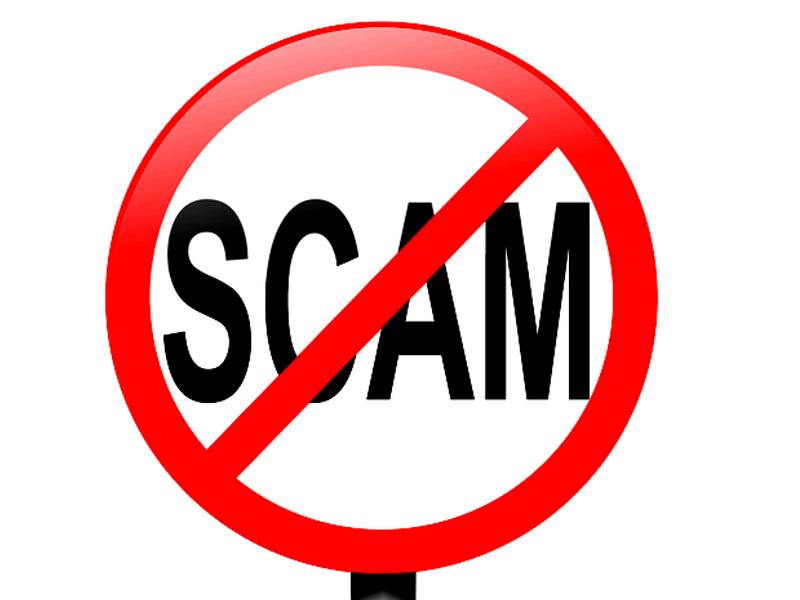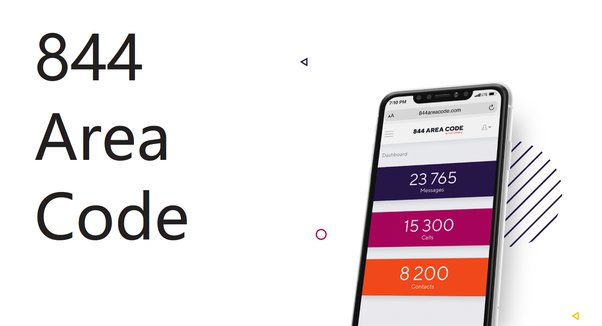My phone rang yesterday from 844-200-5525. They said my car’s warranty was expiring, but it sounded like a recording. I don’t even own a car!
Yes! 844-200-5525 is likely a scam number. Scammers may impersonate trusted organizations and pressure you for personal information or money. Don’t answer, don’t engage, and report the scam to the FTC.
“Discover the secrets behind the mysterious number ‘844-200-5525’ and how it could be targeting you in sophisticated scams!”
What is 844-200-5525? – For Those Who Don’t Know!

844-200-5525 is a phone number that might be a scammer trying to trick you out of your money or personal information.
Scammers like to pretend they’re calling from important places like banks, tech support companies, or even the government. They might try to scare you or pressure you into acting quickly, hoping you’ll get confused and give them what they want.
That’s why it’s important to be careful! If you get a call from 844-200-5525, or any unknown number that sounds suspicious, the safest thing to do is just hang up.
Don’t answer any questions and don’t give them any information. You can always report the call as a scam to help catch the bad guys.
Why is 844-200-5525 Used in Scams? – You Should Know!
Here’s why it’s likely a scam:
- Scammers love disguises: Just like how a costume hides who you are, scammers can make their phone numbers look like they’re from a bank, tech company, or even the government. This is called spoofing.
- Why 844-200-5525? It could be any number. Scammers just pick random numbers or ones that seem official to trick you.
- The sneaky plan: Once they call, they try to create a rush or scare you. They might say your account will close or your computer has a problem. This makes you panic and more likely to believe them.
- What they want: Your personal information like passwords, bank details, or even money itself.
How Does the 844-200-5525 Scam Work?
- Initial Contact: The scam typically begins with an unsolicited phone call or message from the number “844-200-5525”. The caller may claim to be from a reputable organization such as the IRS, tech support, or a utility company.
- Creation of Urgency: Scammers often employ fear tactics or urgency to coerce their victims into action. They may claim that there’s an issue with your taxes, computer, or utility bill that requires immediate attention to avoid consequences like legal action or service disconnection.
- Instructions to Call Back: Victims are instructed to call back the number “844-200-5525” for further instructions on how to resolve the supposed problem. This step is crucial for scammers to maintain control over the situation and continue manipulating their targets.
- Deceptive Practices: Upon calling back, victims may be greeted by a convincing automated system or a scammer posing as a representative of the organization in question. They’ll likely request sensitive information such as Social Security numbers, bank account details, or payment through untraceable methods like gift cards or wire transfers.
- Exploitation of Trust: Through a combination of psychological manipulation and persuasive tactics, scammers exploit the trust and vulnerability of their victims, convincing them to comply with their demands under the guise of resolving a legitimate issue.
- Financial Loss and Identity Theft: Ultimately, victims may suffer financial losses or become victims of identity theft as a result of sharing sensitive information with scammers. Meanwhile, the fraudsters continue to evade detection and perpetuate their illicit activities using the number “844-200-5525” and similar tactics.
Who Falls Victim to the 844-200-5525 Scam? – Know With Me!

The 844-200-5525 scam doesn’t discriminate-it can affect anyone. However, scammers often target those who are more vulnerable or easily deceived. This might include older adults who may be less familiar with technology or more trusting of official-sounding calls.
Additionally, individuals who are in financial distress or facing other challenges might be more susceptible to the urgency created by scammers. Essentially, anyone who answers a call or message from 844-200-5525 without being cautious could potentially become a victim of the scam.
That’s why it’s crucial for everyone to be aware of these scams and to always verify the authenticity of unexpected communications before sharing any personal information or sending money.
Where Can You Encounter 844-200-5525 Scams?
You can encounter 844-200-5525 scams in various places, primarily through phone calls or messages. Here’s where you might come across them:
- Phone Calls: Scammers often initiate the scam by calling individuals from the number 844-200-5525. They may pretend to be from trusted organizations like the IRS, tech support companies, or utility providers.
- Text Messages or Emails: Sometimes, scammers may also send messages or emails claiming there’s a problem that needs urgent attention. They may provide the number 844-200-5525 for victims to call back and resolve the issue.
- Online Advertisements or Pop-ups: In some cases, you might encounter 844-200-5525 scams through online advertisements or pop-ups. These may claim to offer technical support or other services, prompting you to call the number for assistance.
- Social Media or Messaging Apps: Scammers may also reach out through social media platforms or messaging apps, posing as friends or acquaintances. They may share links or messages directing you to call 844-200-5525 for help with a supposed problem.
- Messages: If you miss a call from 844-200-5525, scammers may leave voicemail messages urging you to call back immediately to avoid consequences.
What to Do If You Get a Call from 844-200-5525 – Here’s What To Do!

If you get a call from 844-200-5525, here’s what to do to stay safe:
- Don’t Answer: This is the golden rule! Since it’s likely a scam, there’s no need to pick it up. Scammers often rely on people answering to start their tricks.
- Never Get Engaged: Even if you accidentally answer, don’t talk to the caller. Scammers might try to pressure you with threats or promises. Just politely say “goodbye” and hang up.
- Don’t Give Out Information: This includes your name, address, social security number, bank details, or passwords. No real company would ask for these over the phone.
- Report the Scam: Let the authorities know about the scam. You can report it to the Federal Trade Commission (https://www.ftc.gov/) for free. This helps track down scammers and prevent them from targeting others.
- Block the Number: Most phones allow you to block unwanted numbers. Blocking 844-200-5525 prevents them from calling you again.
FAQs:
1. Can I block the number 844-200-5525?
Yes, most phones allow you to block unwanted numbers. Blocking 844-200-5525 will prevent future calls from this number. However, scammers can easily use different phone numbers, so it’s important to be cautious with all unknown callers.
2. What if I accidentally gave out some information to the caller?
If you believe you’ve been scammed, contact your bank or financial institution immediately to report the incident and take steps to protect your accounts. You can also consider placing a fraud alert on your credit report.
3. Can I trace the call from 844-200-5525?
Unfortunately, tracing scam calls can be difficult. Scammers often use technology to disguise their phone numbers or route calls through multiple locations. While law enforcement might have resources for tracing calls in specific situations, it’s not a reliable solution for most individuals.
4. What are some tactics scammers might use to pressure me into giving them information?
Scammers are tricky! They might use scare tactics, like threats of arrest or account closure. They might also create a fake sense of urgency by claiming a limited-time offer. Remember, if they pressure you for information, it’s likely a scam.
Final Thoughts:
Remember, unknown calls, especially those with red flags like urgency or threats, are likely scams. If you get a call from 844-200-5525, don’t answer or engage. Report the scam and be cautious with all unknown callers. Stay informed and protect yourself!




